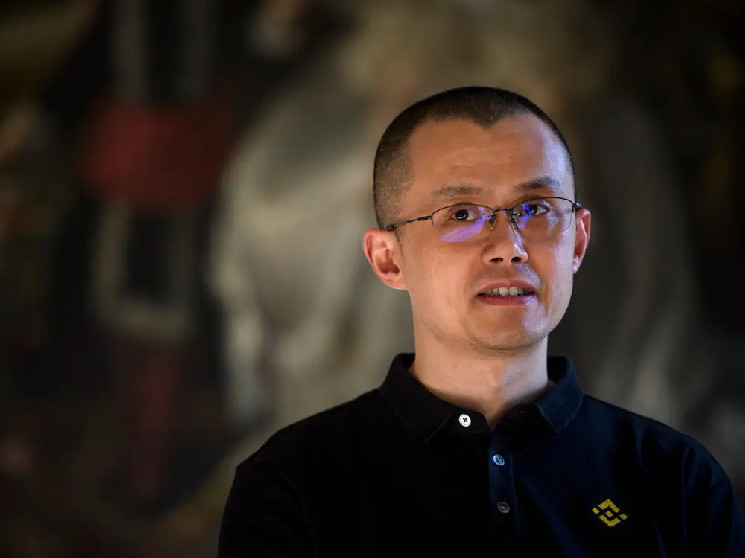Changpeng Zhao, the visionary behind Binance, found himself at the center of a legal storm, culminating in a four-month prison sentence for his failure to establish robust anti-money laundering safeguards.
As the architect of the world’s largest cryptocurrency exchange, Zhao’s actions drew intense scrutiny, revealing a narrative where the pursuit of growth often eclipsed compliance with US regulatory frameworks.
Judge Richard Jones’ verdict underscored the gravity of Zhao’s transgressions, echoing concerns about the broader implications of his disregard for established laws.
Prosecutors painted a damning picture of Binance’s operations under Zhao’s leadership, highlighting the exchange’s complicity in facilitating sanctions violations totaling over $898 million.
These revelations not only exposed systemic failures in regulatory adherence but also raised serious questions about the integrity of global financial systems.
The severity of Zhao’s sentencing, as advocated by prosecutors, was rooted in the recognition of the profound harm inflicted upon US national security by his actions, reflecting a watershed moment in the intersection of cryptocurrency and regulatory oversight.
READ MORE: US Regulations Prompt Phoenix and Wasabi Wallets to Halt Services
In response, Zhao’s legal team mounted a spirited defense, arguing for leniency based on his cooperation with authorities and Binance’s proactive steps to address compliance deficiencies.
However, the discrepancy between Zhao’s nominal punishment and his staggering wealth, estimated at $33 billion, served as a stark reminder of the glaring disparities in accountability within the financial elite.
Meanwhile, Zhao’s tumultuous interactions within the crypto community, epitomized by his clash with FTX’s CEO, Sam Bankman-Fried, underscored the complex dynamics shaping the industry, where personalities wield significant influence alongside technological innovation.
